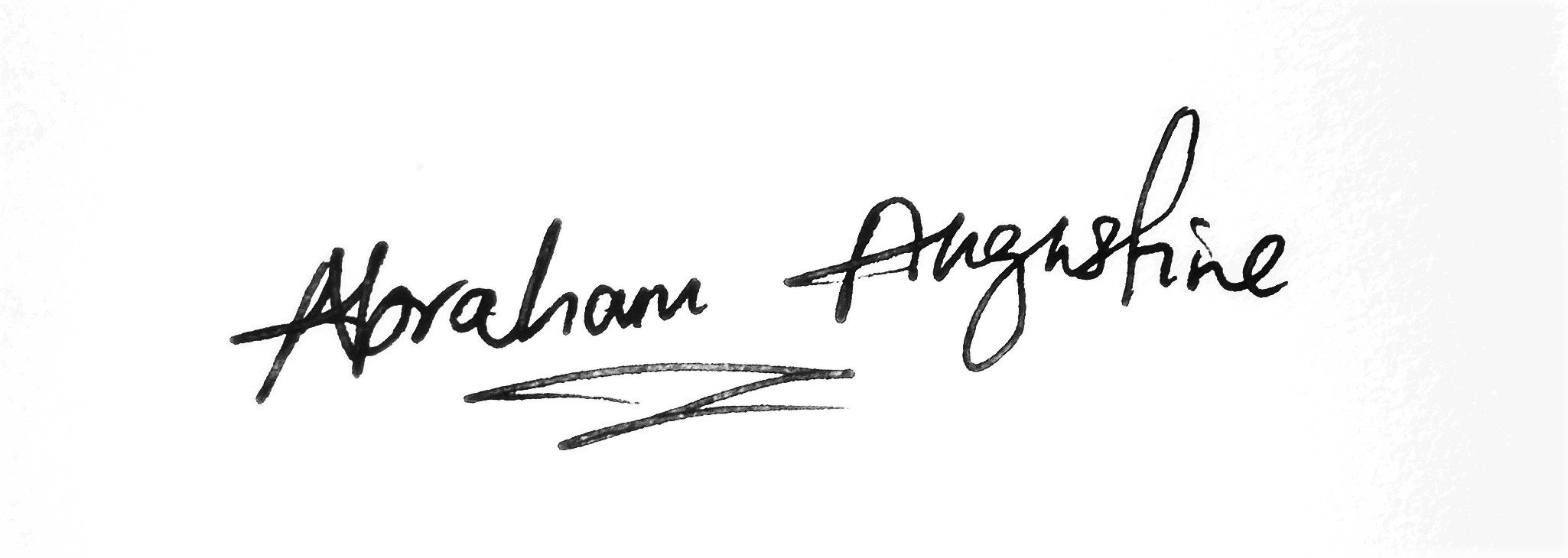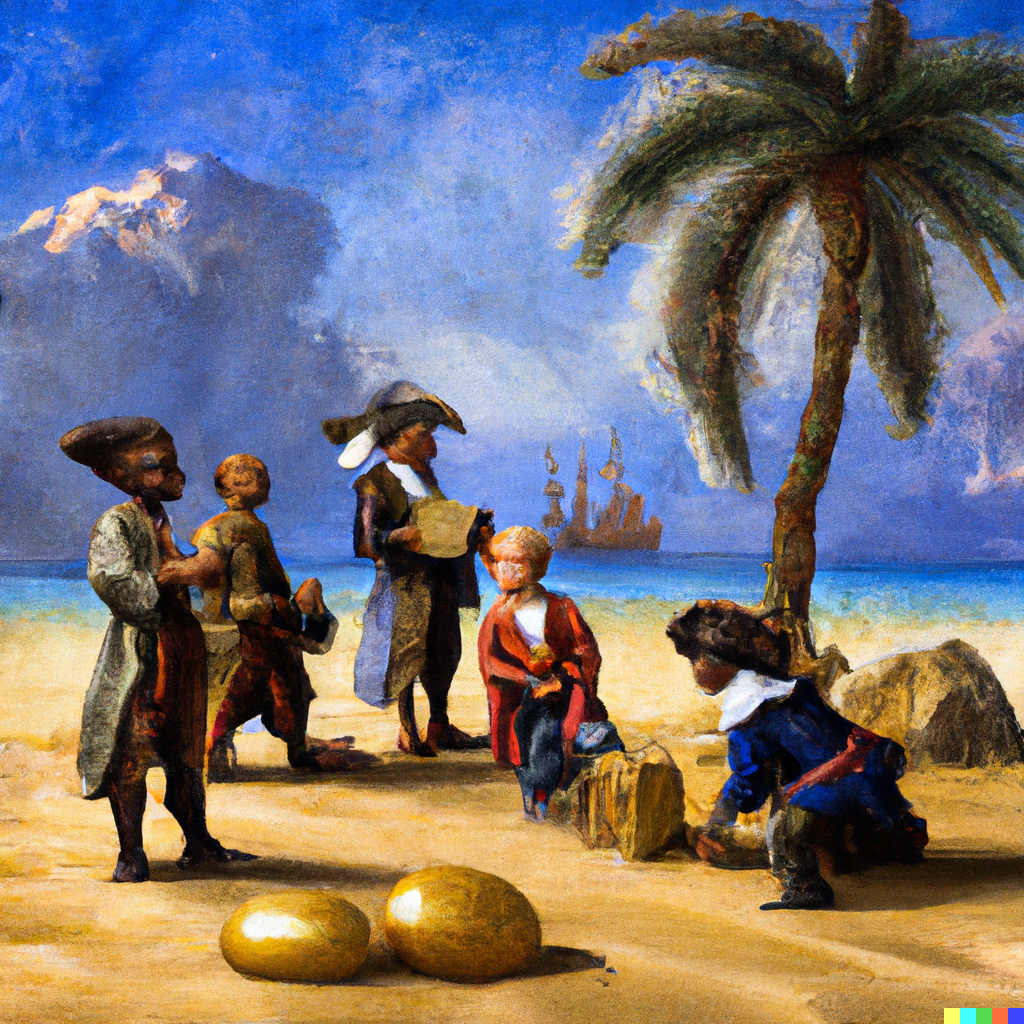
Welcome back to the Next Wave. It’s another January, and if the last three Januaries are anything to go by, I can only stand in awe of the clairvoyants who dare predict which way the wind will blow for the next 350 days or so.
We kick off the first edition of the Next Wave with a brief scan of a developing wave on the digital horizon. It is a (new) age of mercantilism, and as Africa is invited to sit at tables where it has long stood in silent observance, the continent’s leaders (I say this with a touch of sarcasm) will need all their wits about them. Because one thing is sure: Africa may find itself sat on the table with the comity of nations, but it could also quickly end up on the menu.
Through the ages…
Popular definitions of mercantilism present it as an economic theory of governance where the state seeks to maximise and maintain its economic power by expanding exports and restricting imports. the “balance-of-trade” doctrine, in short. In practice, however, mercantilism often meant a hotchpotch of policies that led directly to the creation of imperialist states and colonialism.
In his 1935 book, Mercantilism, Eli Heckscher discussed mercantilism in broader terms as a system of national unification, a system of power, a monetary system, and as a conception of society (L. Gomes, pp 14). The direct manifestation of this helped fuel the colonial and expeditionary ambitions of nation-states between the 16th and 19th centuries.
By the middle of the last century, mercantilism had regressed from its highs, but it did not fully disappear. As colonial empires dissolved and global politics formed behind two opposing lines, mercantile views were firmly discarded in principle for “free market capitalism”.
The child of this new marriage was a truly global trade networks under the watchful eye of the superpower of the day. In the two decades following the collapse of the Soviet Union, globalisation blossomed, driving capitalist recklessness to new highs and spectacular wrecks in the 1990s, and again in 2008/09. The aforementioned wrecks happened in two sectors: software technology and high finance.
Since then, these two sectors have become progressively enmeshed in others’ businesses as hedge funds spawned growth funds, and investment banks dabbled in cryptocurrencies. And since March 2022, the spectre of the 2008 global financial crisis has loomed large. An interesting cocktail to be sure. At the same time, the superpower of the day began to come under sustained pressure from “the East”.
This eastern challenger, its programmes and policies, and the ongoing rhetoric and policy (once dismissed as Trumpian) response of the incumbent revealed globalisation to be little more than global value chain mercantilism. The World Trade Organisation (WTO) is having a hard time bringing the two contestants to heel. And now, once again, everyone must take sides.
Why are we talking about this?
Every week we publish the Next Wave on TechCabal to inform or question the discourse around digital technologies in Africa. Recently the spotlight has been on software startups and their financers, venture capitalists (VCs).
But the progress of digital technology, of any technology, is as political as it is a science. And the profit potential can be engineered to depend on imperialist leverage.
We see this in the European Union’s protest over new subsidies that may confer unique advantages to American renewable energy companies. The EU makes these protests even as it designs new carbon trading rules that will unjustly penalise African exports. The carbon border adjustment mechanism (CBAM), which will be applied on European imports in five sectors and may be extended to cover indirect emissions and services, is essentially a tax on emerging economies like Africa’s, even though emissions from African countries collectively will remain a fraction of EU emissions for decades according to a paper by Pleeck, Denton & Mitchell. These economies which cannot but rely on fossil fuels will in effect be forced to limit their competitiveness and development.
Digital mercantilism
As Africa’s digital sector marks another year of progress, both the private and public sectors will need to keep this return to brazen mercantilism front and centre. Unfortunately, the digital space is tied to the purse strings and technological capacity of Western and Eastern states. But handicaps are not necessarily the last word.
Digital mercantilism is not new, and countless pieces have been written on the subject. The difference now is that what was once an intellectual exercise is becoming our reality. Despite decades of political independence, African states have been unable to wean themselves off the extraction economy.
From cocoa seeds to crude oil, the story has remained largely the same. As technology and the digital world becomes more entwined with the running of the physical economy, the costs of this development lag will become more acute.
Everything is not profit, carry or personal net worth. Over and above, social media bulls about how much was raised by startups and how many people now use mobile phones, and national startup laws, stakeholders—you, me and the politician who would rather party in Dubai— will need to study the mercantile system and search for the exit from this rat race.
We’d love to hear from you
Psst! Down here!
Thanks for reading The Next Wave. Subscribe here for free to get fresh perspectives on the progress of digital innovation in Africa every Sunday.
Please share today’s edition with your network on WhatsApp, Telegram and other platforms, and feel free to send a reply to let us know if you enjoyed this essay
Subscribe to our TC Daily newsletter to receive all the technology and business stories you need each weekday at 7 AM (WAT).
Follow TechCabal on Twitter, Instagram, Facebook, and LinkedIn to stay engaged in our real-time conversations on tech and innovation in Africa.

Abraham Augustine,
Senior Writer, TechCabal.




























